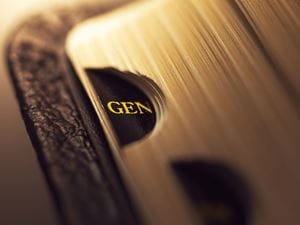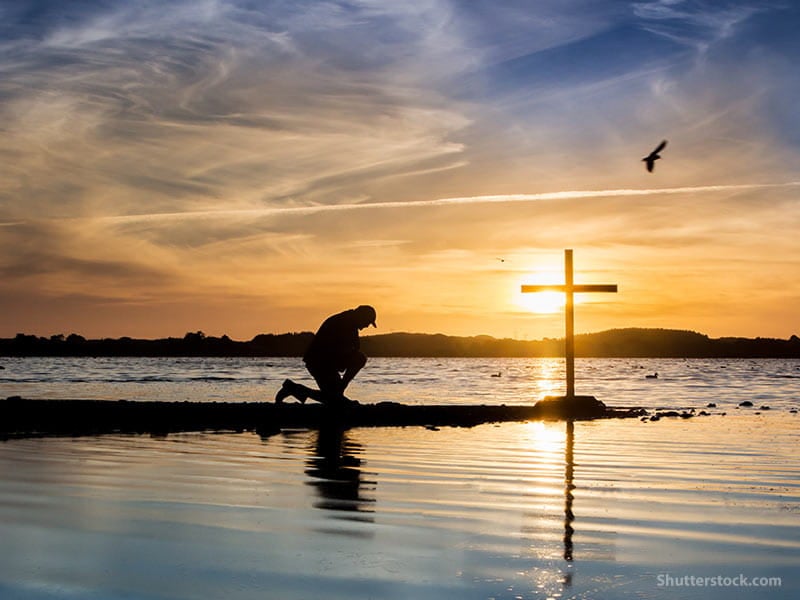
To understand why Cain killed Abel, one must first read the Book of Genesis. Cain and Abel were brothers and the first sons of Adam and Eve. Adam made love to his wife Eve, and she became pregnant and gave birth to Cain. She said, “With the help of the LORD I have brought forth a man.” Later she gave birth to his brother Abel. (Genesis 4:1-2)
What was asked of Cain and Abel?
When it came time to provide offerings, the Lord wasn’t as pleased with Cain’s offering as He was with Abel’s. Now Abel kept flocks, and Cain worked the soil. In the course of time Cain brought some of the fruits of the soil as an offering to the LORD. And Abel also brought an offering—fat portions from some of the firstborn of his flock. The LORD looked with favor on Abel and his offering, but on Cain and his offering he did not look with favor. So Cain was very angry, and his face was downcast. Then the LORD said to Cain, “Why are you angry? Why is your face downcast? If you do what is right, will you not be accepted? But if you do not do what is right, sin is crouching at your door; it desires to have you, but you must rule over it.” (Genesis 4:3-7)
Cain let sins of envy and anger to grow.
Cain allowed rejection, envy, and jealousy to take over his existence. Instead of striving to be better, Cain allowed evilness to invade his thoughts, and he did the unthinkable. Now Cain said to his brother Abel, “Let’s go out to the field.” While they were in the field, Cain attacked his brother Abel and killed him. Then the LORD said to Cain, “Where is your brother Abel?” “I don’t know,” he replied. “Am I my brother’s keeper?” (Genesis 4:8-10)
But, Cain did know where Abel was. He killed him.
What did God do to Cain after he killed his brother, Abel?
The Lord knew he was lying, and he told Cain that he was cursed and driven from the ground. The Lord told Cain that the ground would no longer yield its crops to him. He would become a restless wanderer on the earth. Which seems very fitting considering Cain offered fruits of the soil and then murdered his brother in a field.
What does envy have to do with the story? Could it have been something else?
There are a number of theories and thoughts. Many people believe that Cain killed Abel because of anger, jealousy, and envy. However, others suggest that Cain’s internal struggle was fueled by his depression. Could a mental health disorder impair Cain’s judgement that day? He was frustrated by the Lord’s refusal and that could’ve sent his energy levels and self-esteem plummeting. It’s not an excuse for Cain’s terrible actions, but it could be a legitimate answer that is dismissed by a society who wasn’t familiar with mental health awareness and self-awareness. Then there is another thesis floating around which identifies Cain as the murderer, but holds God accountable since he rejected Cain’s offering. Perhaps Cain was in such a distraught state of mind by God’s rejection that he felt like he would never be enough for his God. If this theory were true, then it would explain the connection of envy, covetousness, and jealousy. It would also provide motive for the murder.
What about the mark God gave Cain?
However, then there are these lines in Genesis 4:15-16. But the LORD said to him, “Not so; anyone who kills Cain will suffer vengeance seven times over.” Then the LORD put a mark on Cain so that no one who found him would kill him. So Cain went out from the LORD’s presence and lived in the land of Nod, east of Eden. God didn’t want others to try and kill Cain. There isn’t an explanation as to what the mark looked like, but obviously it was visible. Some have speculated that the mark was a Hebrew or Sumerian letter placed on either his face or arm. This mark served as a sign to others to not commit the same offense. God didn’t want envy to consume the existence and worth of others. On the other hand, the mark could’ve been God’s way of forcing Cain to repent for his sins and truly assess the repercussions of his actions.
What can we learn from the story of Cain and Abel?
The story of Abel and Cain is a reminder to us that sin, in our lives, is always trying to persuade us into doing bad things that dishonor God and go against our Christian beliefs. This is what happened to Cain. Cain’s sacrifice didn’t have a chance of pleasing God because he didn’t put his faith first, and instead he allowed his heart to grow more wicked. Abel’s heart was faithful and true to God and his sacrifice was great in God’s eyes. As followers of God, we must not allow envy and jealousy to consume our existence.
It is inevitable that we will fall into situations where we wish we had what others have, or be more like our peers; however, when those bouts of jealousy rise it is imperative that we turn to our God and listen. Maybe, if Abel had listened to God he would’ve took a step back, decided to try harder next time with his offering, and sought out gratitude. If you read the Bible, you’ll come across several examples of jealousy and envy. You’ll also identify that the root causes of jealousy and envy are connected to an individual’s inability to see what God has provided in their life, and a lack of awareness and gratitude. Instead of reacting negatively to jealousy, Christians must listen and try to better understand their thoughts, feelings, and motives in order to be better people. Proverbs 14:30 says it best, “A heart at peace gives life to the body, but envy rots the bones.”
